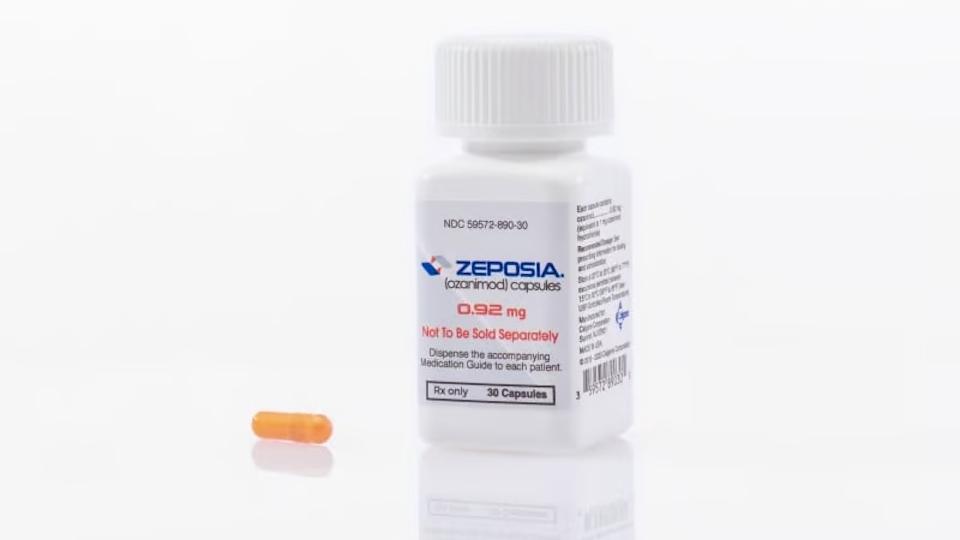Disappointment for BMS as Zeposia fails Crohn’s study

Bristol-Myers Squibb’s hopes of adding a new indication to the label for S1P modulator Zeposia have been dented after the drug failed a phase 3 trial in Crohn’s disease.
A preliminary analysis of data from the YELLOWSTONE trial programme showed that induction therapy with Zeposia (ozanimod) was unable to demonstrate an improvement over placebo in achieving clinical remission at week 12 in adult patients with moderate to severe active Crohn’s.
The trial involved 600 patients with Crohn’s who were randomised to treatment with either a 1mg oral daily dose of Zeposia or a placebo, with the primary endpoint measured using the Crohn’s Disease Activity Index (CDAI) scale. All subjects had not improved on or not been able to tolerate at least one prior Crohn’s medication, such as corticosteroids or immunomodulators.
The failure comes after Zeposia achieved clinical remission – defined as a CDAI score of less than 150 – in 39% of Crohn’s patients in the phase 2 STEPSTONE trial at 12 weeks, with 16% also achieving an endoscopic response. That efficacy was offset by a risk of a Crohn’s flare – a sudden worsening of symptoms – seen in 18% of patients.
BMS’ head of immunology, cardiovascular, and neuroscience development Roland Chen said that the first YELLOWSTONE results were a disappointment, as there is still a great need remains for new therapies that offer Crohn’s patients relief from symptoms and the potential for remission.
He noted that no S1P modulators have so far shown a benefit in a phase 3 Crohn’s trial, but BMS confirmed that two other YELLOWSTONE studies are still on the go, including a second 12-week induction assessment and another looking at maintenance therapy over 52 weeks.
Zeposia is already approved to treat multiple sclerosis (MS) and ulcerative colitis (UC), another form of inflammatory bowel disease.
In UC, it competes with Pfizer’s Velsipity (etrasimod), another S1P modulator that was approved last October and is also being assessed in the phase 2/3 CULTIVATE trial as a Crohn’s therapy in patients refractory or intolerant to at least one prior therapy.
Crohn’s is the only clinical trials programme underway for Zeposia, according to BMS’ pipeline listing, but Pfizer has aspirations to expand the use of Velsipity into additional indications including atopic dermatitis and eosinophilic oesophagitis.
Zeposia was pitched as a potential blockbuster by BMS when it was first launched for MS in 2020, and after a slow start has started to gather sales momentum. Buoyed by the UC indication in 2021, the product grew 74% to $434 million last year.












